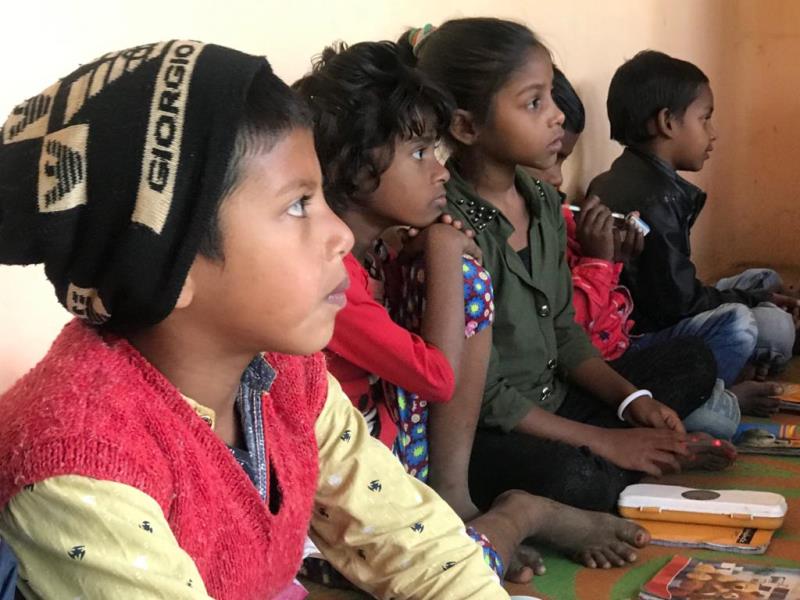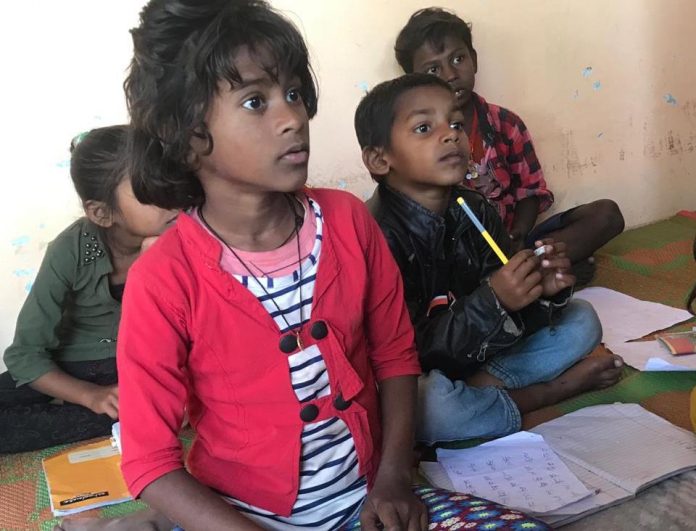An emphasis on digitalised education has undoubtedly alienated a majority of Indian children especially those living in its rural areas where access to both smartphones and computers as well as functional internet connections is a distant luxury. While private schools have attempted to reach out to their students through online exchange of study materials-assignments and online classes, children enrolled in government schools have been compelled to loss a touch with education as neither online classes nor study material have been made available to them. Already disadvantaged and marginalised, negated access to education amid the prolonged closure of schools is sure to further hamper the academic prospects and opportunities of a majority of children in Indian villages.
Travelling across the length and breadth of Bihar and especially in its poorest districts one comes face to face with the dilapidated school education scenario where broken/dilapidated school buildings, non-recruitment of staff, perpetual teacher absenteeism, delayed salaries of working staff accompanied by sustained bureaucratic neglect are common affairs and the pandemic seems to have only worsened an already poor ecosystem.

A recent survey by Oxfam India conducted across five states including Bihar during May-June 2020 was suggestive of the fact that 80% children and parents in the state agreed that nothing was done in the name of ‘online education’ by the government schools and there was a complete “non-delivery of education” as far as the government schools were concerned.
While a shift to the online mode affected children in both urban and rural areas, the impact on the impoverished households in rural Bihar was among the worst. Estimates suggest that children from such families are likely to lose more than 40% of their previous year’s learning because the digital divide did not allow them to continue pursuing their educational activities.
The closure of schools has also impacted children’s nutritional levels and thereby their access to textbooks and other state sponsored entitlements as government schools serve the function of providing Mid-Day Meals and distribution of learning materials.
Official data from the state suggests that a total of 10 lakh children have been forced to drop out of school due the pandemic across the various districts of Bihar. The impact of the prolonged school closures has also been particularly harsh on girls as in a patriarchal social milieu it is spending on the education of a girl child which is seen as the last priority and this will be more intense as family incomes dip and finical stress builds upon families. This leads to early marriages of girl child or stopped their education.
My sustained interactions with school going children especially in places like Maner, Bikram, Mokama and Masaurhi sub-divisions revealed that local government schools had been incapable of keeping with digital education as a majority of children came from extremely poor backgrounds and had inadequate access to internet and smartphones and even teachers didn’t have the technical capacities to meet the demands of the transition.
This meant that children were experiencing loss of learning, many had entered the workforce or had taken up odd jobs to add to the family income. Parents too, especially in the case of the girl child were largely disinterested in sending them back to schools post-pandemic as they saw such a burden as unnecessary as other pressing concerns for survival had become more urgent.
The school for many poor families had meant regular meals no matter how substandard for their children, but as this too has stopped and with the provision for handing over dry-ration ill-implemented, the school had lost even its final attraction.
While villages both near the state’s capital as well as further in the interiors resonated the same tales of a looming digital divide and an alienated educational experience, it only became further evident that for children in states like Bihar, the pandemic and the resultant digital-divide are here to shatter their dreams of accessing education and learning opportunities. We as a society need to acknowledge that health and education are among the most basic of needs and people irrespective of their socio-cultural location must have undisputed access to it. No pandemic must be allowed to snatch away the educational dreams of millions of Indian children belonging to the disadvantaged sections of the society.
Vikash Sharma is Founder Editor of The New Leam.














